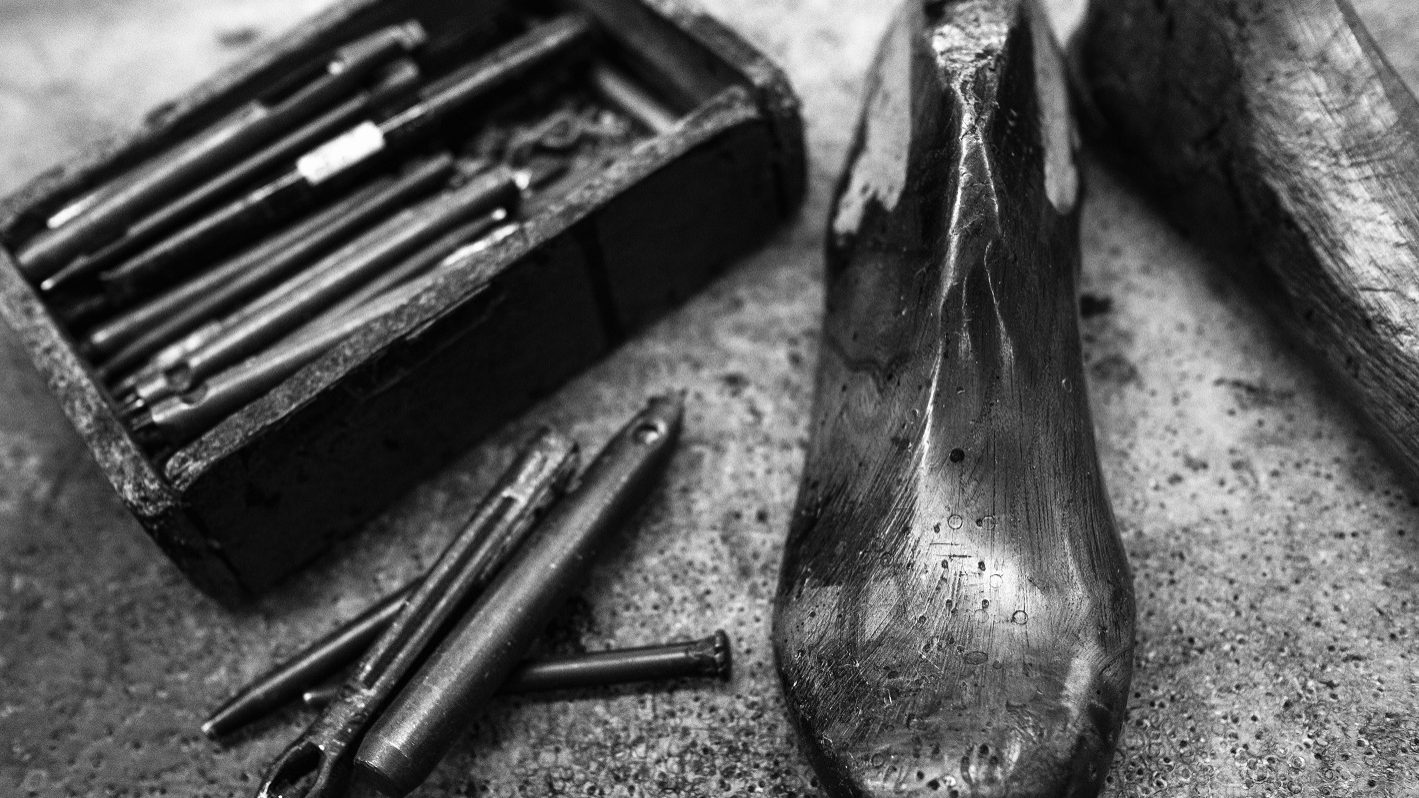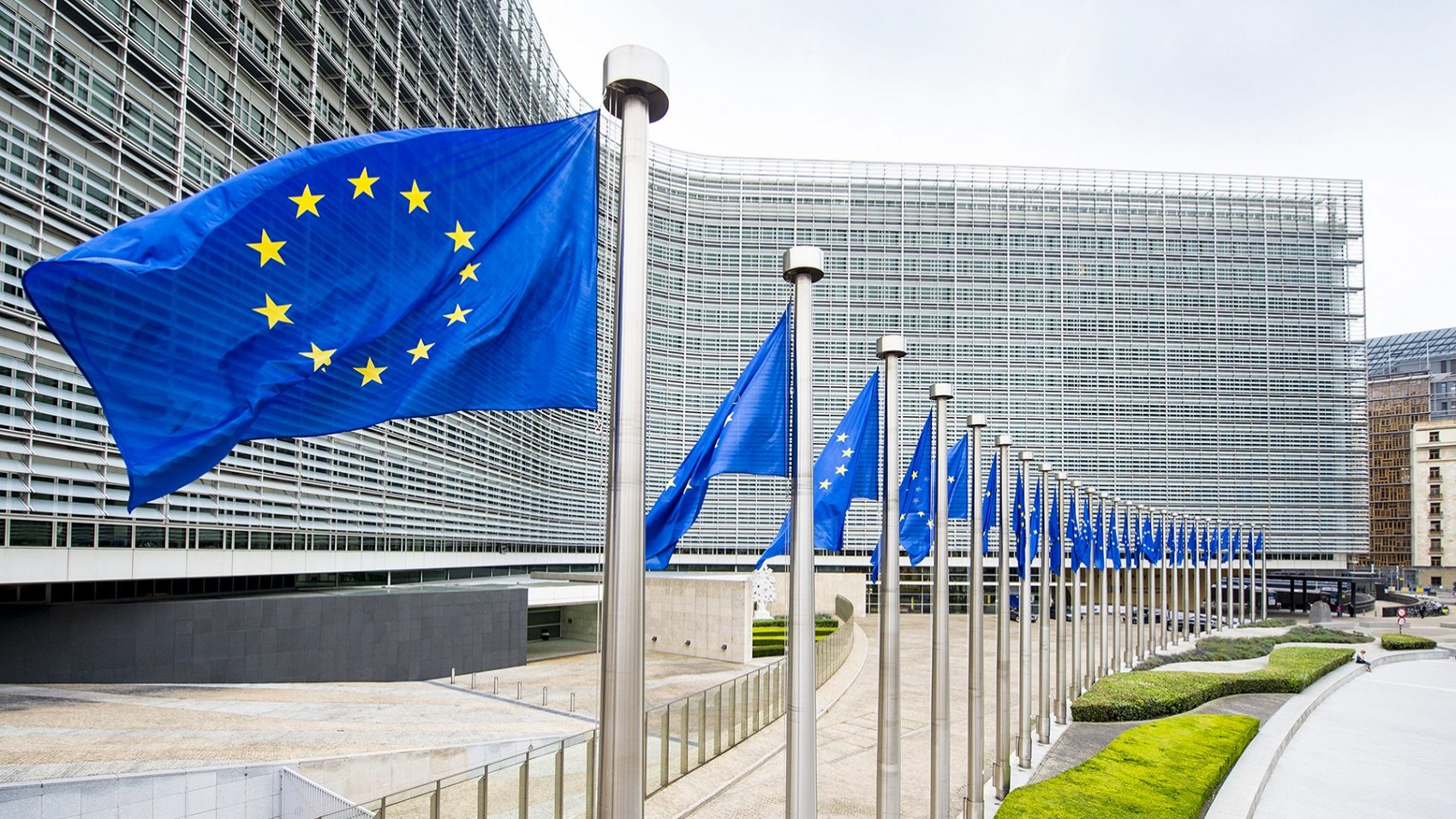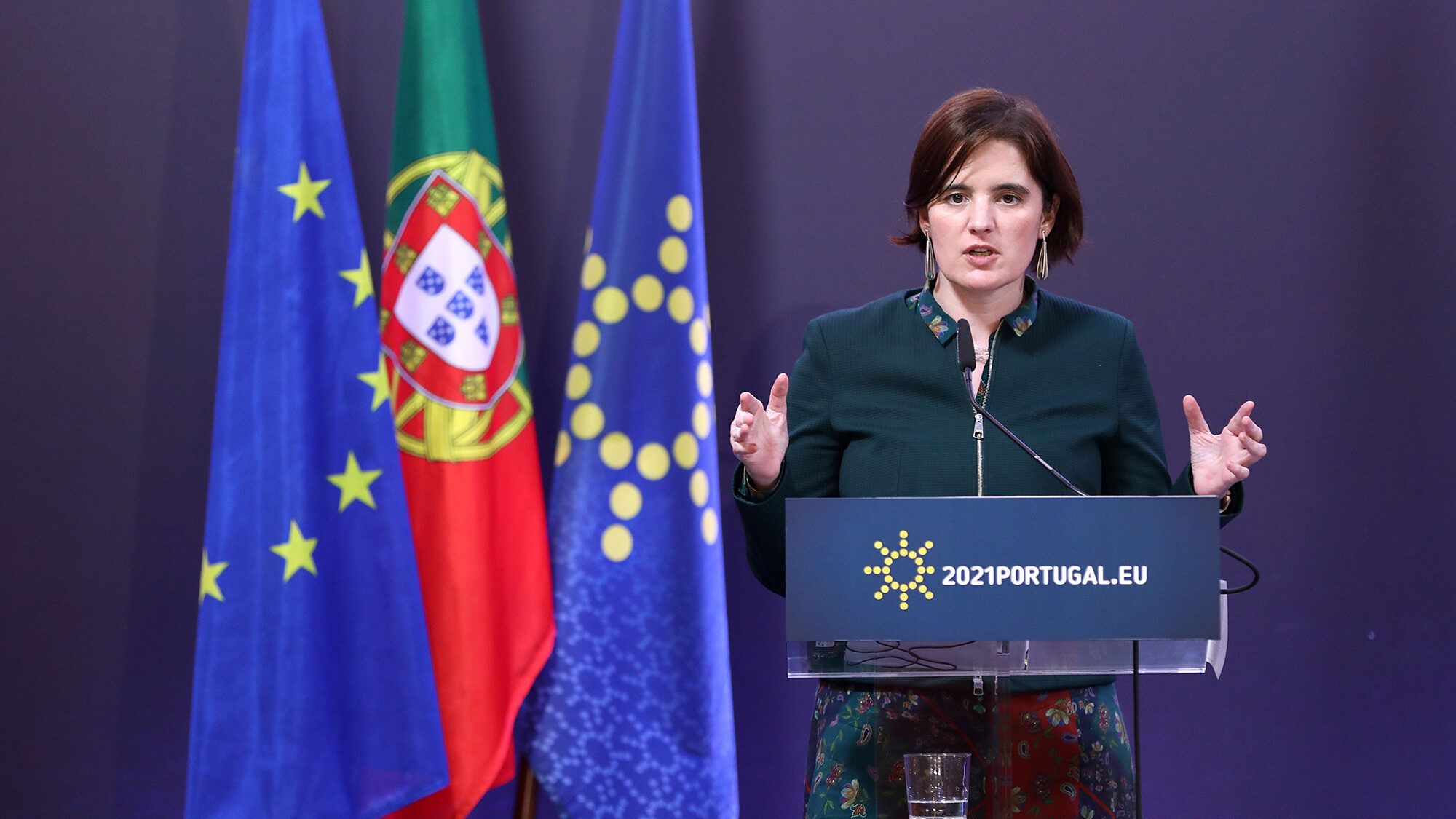Portuguese footwear wants to invest €140 million through the RRP
The industry has two projects under the Recovery and Resilience Plan (RRP). BioShoes4All contemplates an investment of €80 million and FAIST of €60 million.
The Portuguese footwear industry wants to invest €140 million in the next three years under the Recovery and Resilience Plan (RRP), aiming to be “the international reference in developing sustainable solutions,” the APICCAPS announced this Tuesday.
At stake are two “distinct but complementary” projects that bring together over 100 companies, including universities, companies and entities of the scientific and technological system and prepare a new decade of growth in foreign markets. The projects entitled BioShoes4All and FAIST belong to the 64 candidate projects to the Mobilizing Agendas of the RRP selected for the second phase.
The BioShoes4All project, budgeted at €80 million, aims to “induce a radical change in materials, technologies, processes and products”, while the FAIST (Agile Factory, Intelligent, Sustainable and Technological), with a budget of around €60 million, aims to “increase the specialization of the Portuguese footwear industry for new types of product”.
“We want to attract a new generation of talent to the industry. One of the fundamental bases of this process is the support to local production and this sector supports and employs 40,000 families,” says Paulo Paulo Gonçalves, Communication Manager of APICCAPS, in declarations to RTP3.
“The achievements of the past are not guarantees of the future”, says Luís Onofre. For the president of APICCAPS, “although in the last decade the Portuguese footwear has had a remarkable performance in foreign markets, where it exports over 95% of its production, we feel that business has changed and it is up to us to invest in a new industry to remain at the forefront.”
According to the general manager of the Portuguese Footwear Technological Centre, the footwear cluster should “innovate its production chain, from the production of components, through the production of uppers to the creation of modular assembly units.” At the same time, it is important to “focus in producing equipment goods and advanced technology, substituting imports and creating local competencies and capacities so necessary to install productive units with high levels of automation and robotics”.
For the leader of the association, Luís Onofre, “the footwear sector has always assumed as a major goal to be a major international reference” and that “this is the time to prepare a new decade of growth, strengthening skills, accelerating the insertion of qualified staff in the companies and increase investment in R & D, so that we can present differentiated products.”


